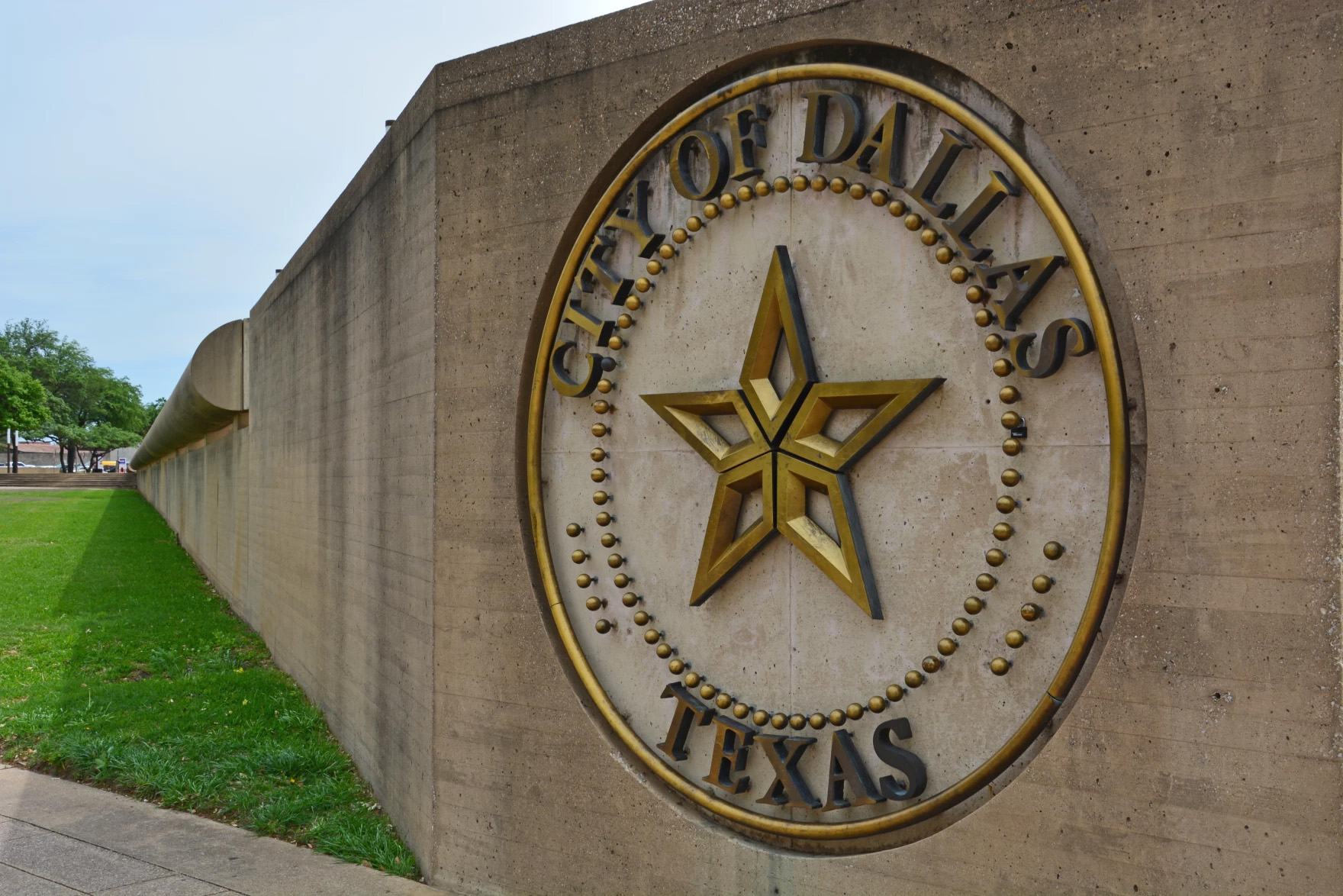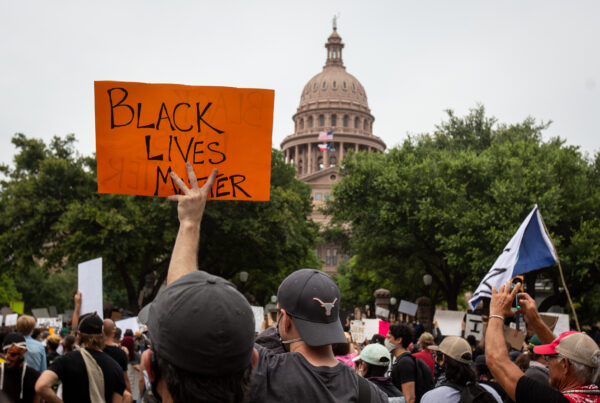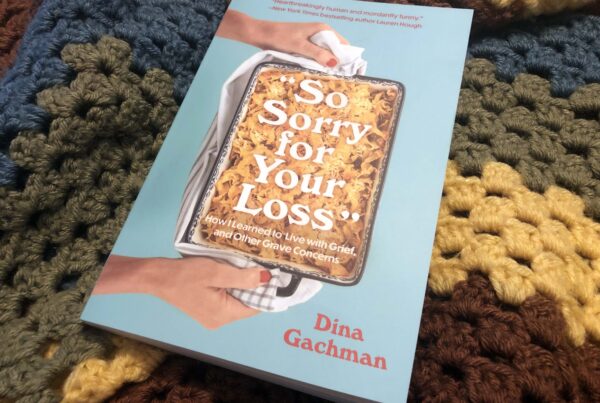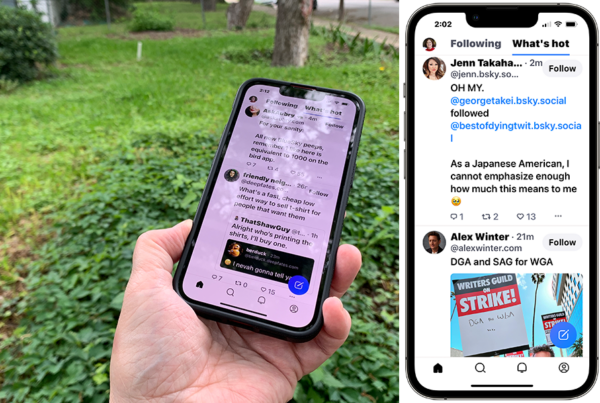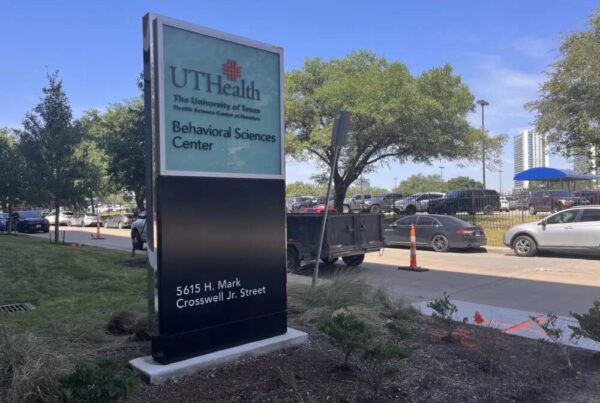From KERA:
Republicans who control the Texas Legislature want to dramatically limit what local governments can regulate – including wages, hours, evictions, and the environment.
House Bill 2127 might also drown cities in legal bills.
But how would the state make cities comply?
Rather than have state agencies spend countless hours of staff time to police all of Texas’ 254 county governments and more than 1,200 incorporated cities, it would empower private citizens to sue.
No immunity
The current text of HB 2127 allows “any person who has sustained an injury in fact, actual or threatened, from a municipal or county ordinance” to bring a lawsuit if the ordinance falls under certain areas of state law. Those include labor code, natural resources code, occupations code, and six other areas.
Trade associations, which represent business interests, would also have “standing,” i.e. legal permission to sue.
Governmental immunity, official immunity, and qualified immunity — traditional defenses that can protect governments from litigation or limit potential damages in a lawsuit — would not be permitted as a defense for lawsuits brought under this bill.
This provision, plus the fact that some areas of local government might fall under more than one chapter of the state code, has local officials worried about endless litigation.
Alarm systems, for example, are regulated by both the occupations code and the fire code. The occupations code is covered by the bill, while the fire code is not.
“We would have to take those on a case-by-case basis,” Dallas Assistant City Attorney Laura Morrison testified before a house committee in March. “I think there would be a lot of litigation stemming from that.”
And defending against lawsuits could siphon off money that would otherwise go to roads or public safety, said Brian Rowland, the former mayor of Prairie View.
“If it’s a corporation that’s suing about ordinances around density or zoning, they may be willing to spend a whole lot of money and the city never budgeted coming up with $100,000 [for] a lawsuit,” Rowland told KERA.
The bill’s author, Lubbock Republican Rep. Dustin Burrows, said eliminating governmental immunity was necessary for these cases to have a chance.
“Right now, if I bring a lawsuit against any sort of government agency, I will get tossed out on a defense of ‘sovereign immunity,’” Burrows said in testimony.
The bill also allows a person or trade association that sues a city or county to recover “reasonable” attorney’s fees from the city. There is no mention of awarding damages.
Burrows said he chose to not explicitly allow a court or jury to award damages, as that would be “a bridge too far.”
Setting a narrative
Allowing a private litigant to sue a city has a secondary benefit to Republicans like Burrows who control state government.
Such lawsuits frame the narrative in a way that puts cities on the defensive against one of their residents, said Jon Michaels, a law professor at UCLA.
“When the state comes in and shuts down a local problem, the local community gets defensive and gets annoyed at the state,” Michaels said. “The optics of a neighbor bringing a suit as opposed to a lawyer from Austin bringing that suit are very different.”
The bill passed the Texas House last month, was sent over to the State Senate, where it is currently pending in the business and commerce committee.
Progressive local officials like Rowland, who is currently running for a city council seat, fear the specter of individual lawsuits will chill the desire to solve local problems in new ways.
“I think it would stop having people be forward-thinking and really only [think] about covering its bases, playing it safe,” he said.


